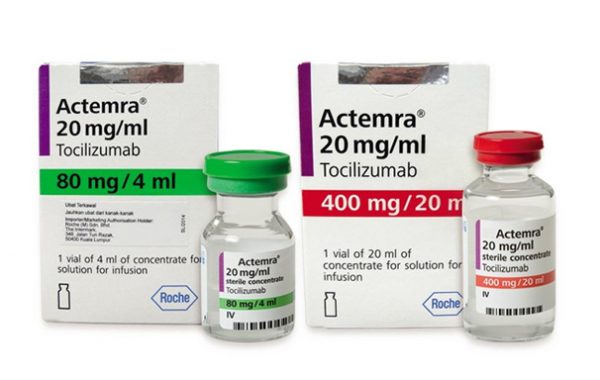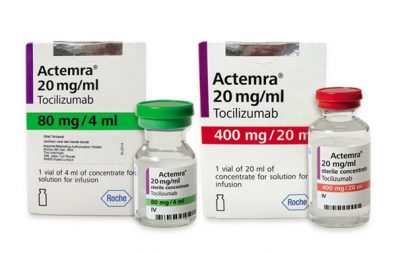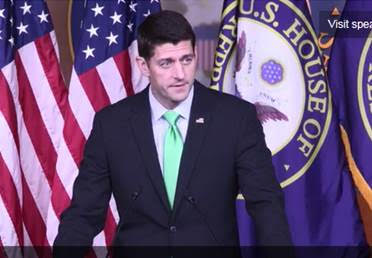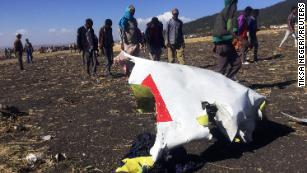 By Thailand Medical News (Updated April 06, 2020)
By Thailand Medical News (Updated April 06, 2020)
Bangkok, March 29, 2020 – The global medical industry has in the past months evolved into a ‘Wild Wild West’ or ‘circus’ with more unprecedented and at times, unprofessional medical practices being conducted as a result of the Covid-19 crisis.
Experimental drugs that have not been properly evaluated are being adopted as main treatment protocols in certain countries, merely based on certain improper clinically studies recommendations by China.
To a certain extent it is also being suspected that China has not been properly forthcoming and that a lot of data and research studies that were being supplied had been ‘adulterated’ to suit their commercial needs and diplomatic superiority.
For instance, take Avigan or Favipiravir, an antiviral drug that was developed to treat influenza by Toyoma Chemicals in Japan. It was never fully embraced by the medical community due to its known teratogenicity and embryotoxicity effects.
Although there were many more better-suited antivirals to test, use and assess, China quickly adopted Favipiravir despite no proper supporting studies or real formal clinical trial evaluations, simply because it could procure a generic licence for the drug and also control raw material supplies to Toyoma.
This would indirectly enable China to control the supply of Favipiravir, using it as a diplomatic and commercial leverage tool. It influenced preprint studies and then gave away small amounts (between 1000 to 5000 doses) to desperate countries as a ‘goodwill’ gesture while negotiating deals with foreign governments for further orders.
It was speculated that in certain corrupt governments, kick-backs were also assured for such massive orders using tax payers’ monies.
South Korea was one of the few countries that rejected the use of Favipiravir.
But there are certain South-East Asian countries with corrupted governments and ignorant local healthcare professional that embrace everything China tells them.
In one particular country, some of its intellectually-challenged medical professionals will only advocate that test kits and drug protocols from China are the gold standard for Covid-19 diagnostics and treatments and are not open to any other alternatives or better proven drugs protocols, test kits or medical equipment.
That country has also made fake claims of having found a cure for the Covid-19 earlier and has a person whose qualifications are no better than a construction worker as its Health Ministry.
Many of the other drug candidates have also despite being promoted have not been very promising. In fact most of the antivirals used have been reported to be cardiotoxic, hepatotoxic and even renal toxic.
However a drug called Tocilizumab was first found to be effective in China but was never promoted by the Chinese as it could get a generic license.
Studies found that patients with Covid-19 in patients facing severe conditions leading to sepsis, organ failure and death, it was the ‘cytokine storms’ of the body’s immune system that was causing the problems with increased inflammation even in the lungs.
It was found by controlling or inhibiting the release of a protein called IL-6, many patients went into quicker recovery. Almost 95 percent of patients treated that way recovered faster.
Tocilizumab, also known as atlizumab, is an immunosuppressive drug, mainly for the treatment of rheumatoid arthritis (RA) and systemic juvenile idiopathic arthritis, a severe form of arthritis in children.
It is a humanized monoclonal antibody against the interleukin-6 receptor (IL-6R). Interleukin 6 (IL-6) is a cytokine that plays an important role in immune response and is implicated in the pathogenesis of many diseases, such as autoimmune diseases, multiple myeloma and prostate cancer.
Tocilizumab is commercially known as Actemra and is patented and manufactured by Swiss based pharmaceutical giant Roche that also owns Genentech.
The Swiss pharmaceutical company Roche is adopting a very professional approach of not releasing too much data or news about the drug and its efficacy till it completes its third phase clinical trial that is just about to start.
Its phase I and phase II trials were promising, with almost 95 percent of patients recovering but it has keep all data private while the US FDA had approved its phase three trials.
Last week, the United Sates’ Food and Drug Administration (FDA) approved the randomized, double-blind, placebo-controlled phase III clinical trial to evaluate the safety and efficacy of intravenous (IV) tocilizumab (Actemra) plus standard of care in hospitalized adult patients with severe coronavirus disease 2019 (COVID-19) pneumonia.
The clinical trial, called COVACTA, is being conducted in collaboration with the Biomedical Advanced Research and Development Authority (BARDA) to evaluate tocilizumab combined with standard of care versus placebo plus standard of care.
Roche and Genentech have already provided around 10,000 vials of tocilizumab to the US Strategic National Stockpile for future use at the direction of the US Department of Health and Human Services to further support the COVID-19 response efforts.
Dr Alexander Hardy, CEO of Genentech told Thailand Medical News, “We thank the FDA for rapidly expediting the approval of this clinical trial to evaluate Actemra in critically ill patients suffering from pneumonia following coronavirus infection and we’re moving forward to enrol as quickly as possible.
Conducting this clinical trial in partnership with BARDA and providing Actemra to support the national stockpile, through the efforts of Human and Health Services (HHS) Secretary Dr. Alex Azar is an important example of how the US government, the biotechnology industry and healthcare communities are working together in response to this public health crisis.
COVACTA is the first global clinical trial in this setting. Enrolment is anticipated to start as early as April 2020, with a target accrual of 330 patients across the US and other countries.
The main primary and secondary endpoints of the phase III study include clinical status, mortality, mechanical ventilation, and intensive care unit (ICU) variables. Researchers will follow patients for 60 days post-randomization, and an interim analysis will be conducted to look for early evidence of efficacy.
To date, several independent clinical trials have already begun globally to evaluate the efficacy and safety of tocilizumab for the treatment of patients with COVID-19 pneumonia; however, there are still no well-controlled studies and limited published evidence on the safety or efficacy of tocilizumab in the treatment of patients suffering from COVID-19.
Tocilizumab alters the way a patient’s immune system works and delicate care constant monitoring have to utilized while using the drug, as wrong usage can actually make the conditions worse.
Common side effects observed in patients treated with tocilizumab include:
upper respiratory tract infections, headache, hypertension, and injection site reactions.
Tocilizumab is also known to cause serious side effects, including: tears of the stomach or intestines, liver problems (hepatotoxicity), changes in blood test results, including low neutrophil and platelet counts, and increases in certain liver function test levels and blood cholesterol levels.
Other effects also found were: an increased risk of certain cancers by changing the way a patient’s immune system works; Hepatitis B infection, and serious allergic reactions, including nervous system problems, and even death.
Tocilizumab is already approved by the FDA for the treatment of cytokine release syndrome (CRS) that is severe or life-threatening. The agent is used in adults and children aged 2 years and older who have CRS caused by CAR T-cell therapy.
Furthermore, tocilizumab also has FDA approved indications for rheumatoid arthritis, giant cell arteritis, polyarticular juvenile idiopathic arthritis, and systematic juvenile idiopathic arthritis.
In the clinical trials, a dose of 800 mg via IV is being advocated for use every 12 hours in patients with severe Covid-19 conditions.
Should the phase three trial proceed smoothly, it will be the first drug to get US FDA approval to treat Covid-19. Roche has already started scaling up production, and drug prices could come down. With governments subsidies, the drug could become affordable for all.
Countries like Italy and Spain, besides the US and China, have already began using it as an experimental drug and under compassionate use.







